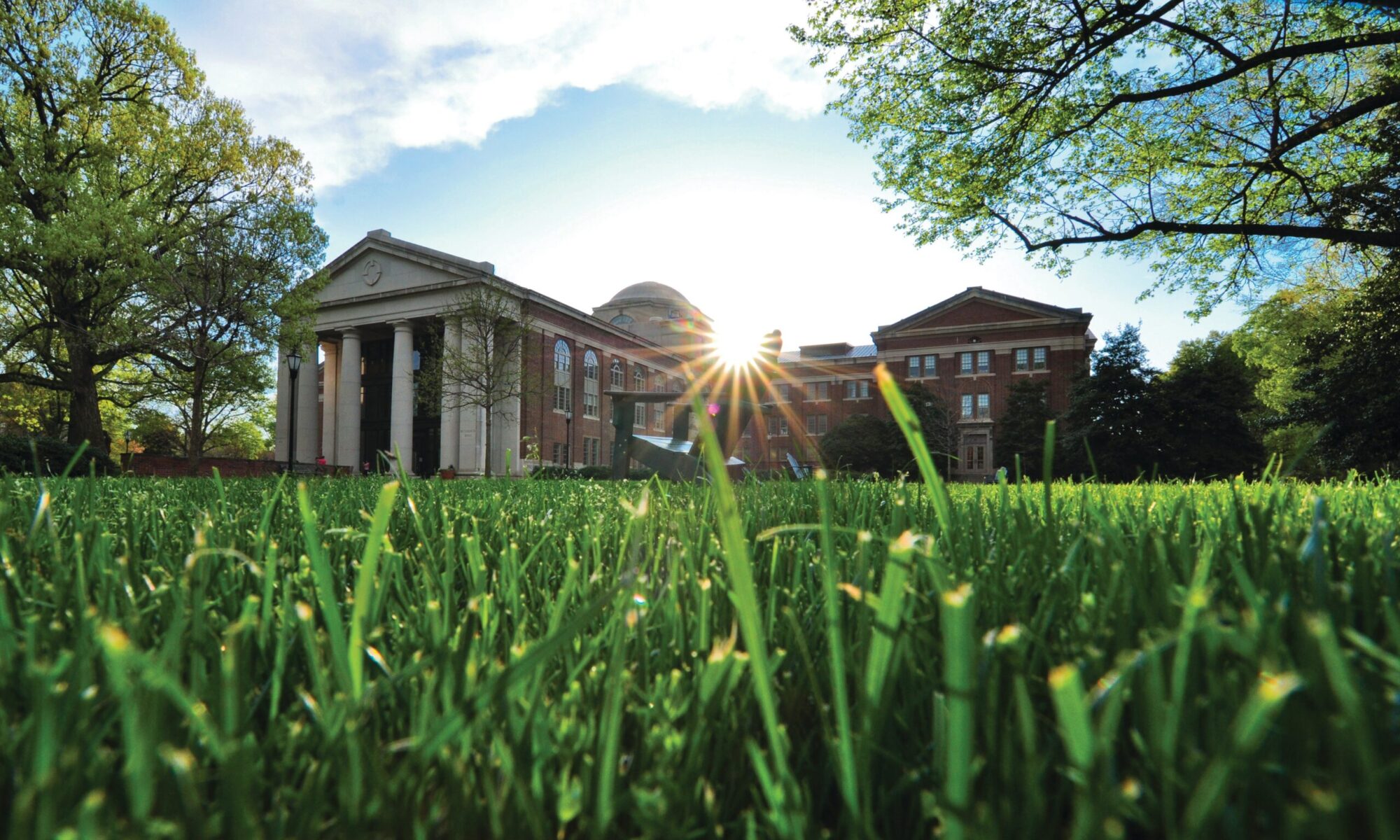 The basic differences between a résumé and a curriculum vitae (CV) are the length, what is included in each document, and what each document is used for. A résumé is a one or two page summary of your skills, experience and education. It is brief and concise, usually no more than a page or two. (The preference is to keep it to one page.) In contrast, a CV is a longer (at least two pages) and more detailed synopsis.
The basic differences between a résumé and a curriculum vitae (CV) are the length, what is included in each document, and what each document is used for. A résumé is a one or two page summary of your skills, experience and education. It is brief and concise, usually no more than a page or two. (The preference is to keep it to one page.) In contrast, a CV is a longer (at least two pages) and more detailed synopsis.
There are different ways of talking about these documents. The word résumé, which is French for “summary,” is the overall standard in the United States. However, the word vita goes by several variations. A vita, which is Latin for “life,” is sometimes called a CV. CV is short for the Latin phrase curriculum vitae, which can be loosely translated into English as “course of life.” So, CV, curriculum vitae, and vita all refer to the same document.
The CV
A CV is an in-depth document that can be laid out over two or more pages. It contains a high level of detail about your achievements, a great deal more than just a career biography. The CV covers your education as well as any other accomplishments, such as publications, awards, honors etc.
CVs tend to be organized chronologically and should be easy to get an overview of an individual’s full working career. A CV is static and doesn’t change for different positions. The difference would be in the cover letter.
The Résumé
A résumé, is a concise document typically no longer than one page. The employer/reader will not dwell on this document for very long. The goal of a résumé is to make an individual stand out from the competition.
The job seeker should adapt the résumé to every position they apply for. It is in the applicant’s interest to change the résumé from one job application to another and to target it to the needs of the specific position. A résumé is a highly customizable document.
Differences
The three major differences between CVs and résumés are the length, the purpose and the layout. A résumé is a brief summary of your skills and experience over one or two pages, a CV is more detailed and can stretch well beyond two pages. The résumé will be tailored to each position, while the CV will stay the same and any changes will be in the cover letter.
A CV has a clear chronological order listing the whole career of the individual, while a résumé’s information can be shuffled around to best suit the applicant. The main difference between a résumé and a CV is that a CV is intended to be a full record of your career history. A résumé is a brief, targeted list of skills and achievements.
Usage around the world
A résumé is the preferred application document in the USA and Canada. Americans and Canadians would only use a CV when applying for a job abroad or if searching for an academic or research oriented position.
In the UK, Ireland and New Zealand, a CV is used in all work environments. Résumés are not used at all. The CV prevails in mainland Europe and there is even a European Union CV format available for download.
In Germany, the CV is more commonly known as a Lebenslauf. Applying for a job requires more documentation than in other countries. German employers want a lot of information about a candidate even before they make their first decisions on who to accept for an interview, so you must send them a packet with a cover letter, a “Lebenslauf” (CV), a passport photograph, school certificates, and testimonials of previous employment.
In Australia, India and South Africa, the terms résumé and CV are used interchangeably. The term résumé is used more for jobs in the private sector and a CV is more commonplace when applying for public service positions.
Questions regarding your résumé or CV can be addressed by your career advisor in the Career Services office during Walk-In hours (M-F, 1:30-3:30pm), or by appointment. In addition, Career Services has information, and sample resumes and CVs specifically for Davidson students on their website to use as guides.








